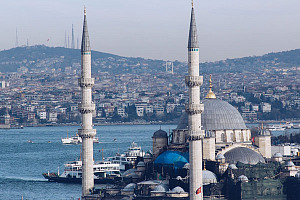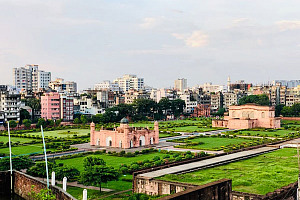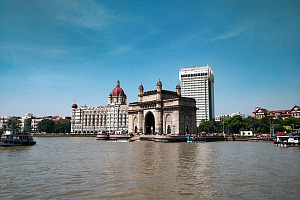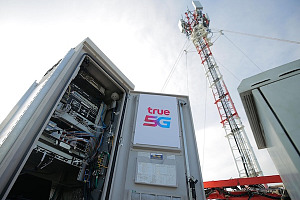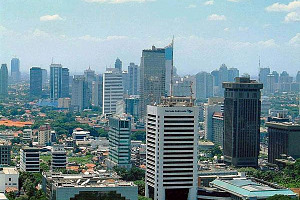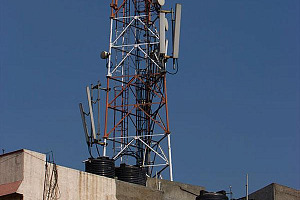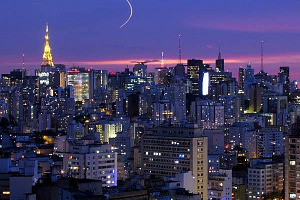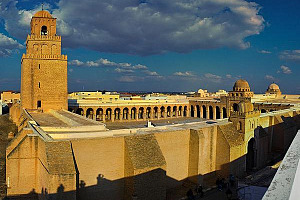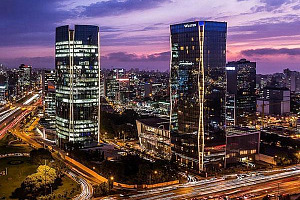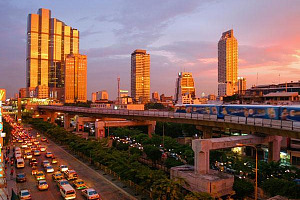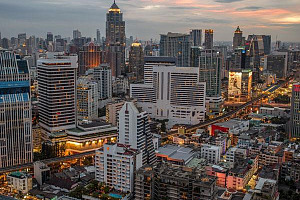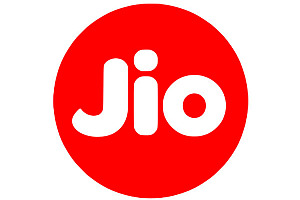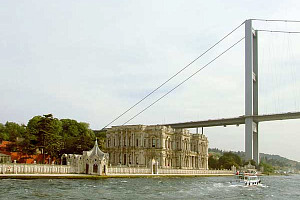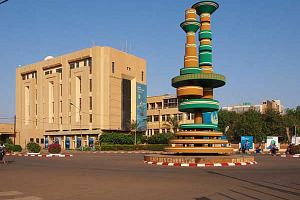The Indian state-owned operator BSNL is reportedly seeking INR20 billion ($325 million) in compensation from the government for relinquishing 1.2MHz of 900MHz spectrum for next year’s auction.
An executive from the operator claimed that this amount would be a “pre-condition” if it is to return spectrum in 18 of the country’s 22 telecom circles. BSNL’s various spectrum licences expire between 2015 and 2016. It has stated that it needs the money for network investment.
BSNL is the fifth largest operator in India, with 88 million connections. However, it is steadily losing customers, and has a relatively small market share of 9.5%.
The Indian government is planning on auctioning airwaves in two frequency bands early next year. Operators wishing to retain 900MHz spectrum must bid afresh as their licences will expire soon, while the 1800MHz spectrum is available for bidding as it went unsold in February’s auction.
Brokerage Morgan Stanley has estimated that the government stands to make as much as INR327 billion ($5.3 billion) from Bharti Airtel and Idea Cellular in the auctions, with bids for the 900MHz and 1800MHz frequencies expected at 16.5% and 5.7% higher than their respective reserve prices.
The Telecom Regulatory Authority (TRAI) has suggested a proposed base price for spectrum in the 1800MHz band of INR2138 crore (around US$346.68 million), and INR3004 crore (US$487.1) for the 900MHz band. The proposals have met with criticism from operators and analysts.
TRAI has also recommended taking 1.2MHz of spectrum from BSNL in order to beef up the available supply, leaving the state operator with 5MHz. While BSNL has confirmed that it could provide services with this amount, TRAI has stated that it would substitute the 900MHz spectrum by allocating the operator 1.2MHz in the 1.8GHz band in three circles where it holds less than 3.8MHz.
BSNL claims that it needs the money to finance a core network upgrade, along with an additional 15,000 base stations. Earlier this year, the Department of Telecom asked the operator to give up 50% of its 800MHz spectrum.
TRAI is calling for the government to delay the auction until more spectrum is freed up across the country, and analysts have welcomed the regulator’s request for BSNL to relinquish 900MHz spectrum as it would provide more frequencies for 3G service. To this end, TRAI has also suggested selling spectrum in the 800MHz and 2.1GHz bands.
Telenor CEO Jon Fredrik Baksaas recently called for the Indian government to release more spectrum with immediate effect, effectively backing Vodafone’s request that the spectrum it won at auction in February be released to it immediately.








